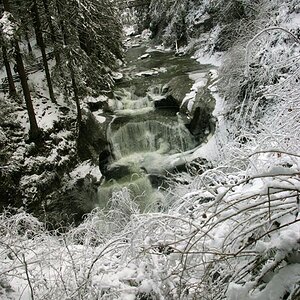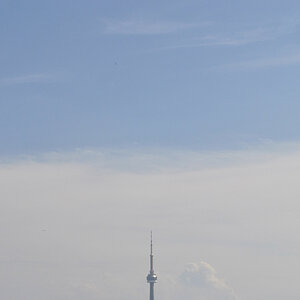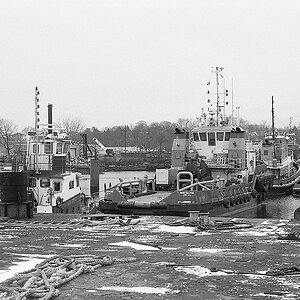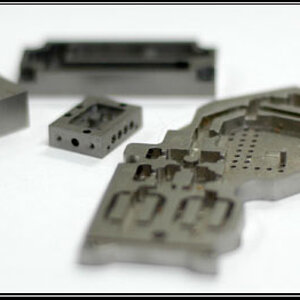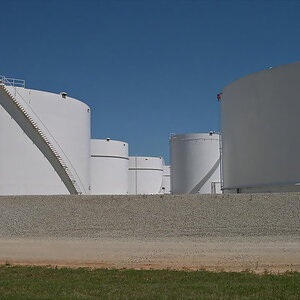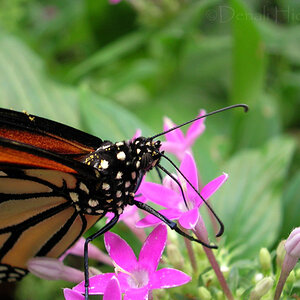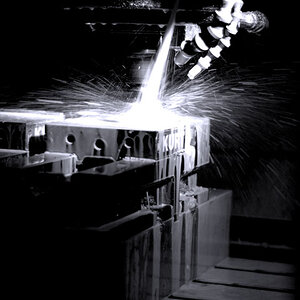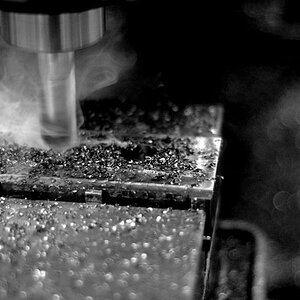boclcown
TPF Noob!
- Joined
- Aug 16, 2006
- Messages
- 74
- Reaction score
- 0
I'm considering purchasing a Nikon D50 soon. I don't have much money right now (barely $100) and it will take me quite a bit of time to save up for the basic kit. I've heard the lense that comes with the D50 is fairly good compared to most kit's, but will it be enough? I want to be able to do general shooting, though I would like to shoot a bit close or a bit wide every now and then. Not too extreme, really, but It would be nice to have a bit of leeway.
I'm not sure how to rate the 18mm - 55mm included lense. The zoom is about 3X, I think, which seems fine to me. How close to my subjects can I get, though?
And what about the apeture. Does it have a range? I though the camera sets the ap.... I've only used point+shoots. Will I honestly need to spend another $300 on a lens, because that is very much out of my reach for the next year, at least. I would hate to spend $600+ just to find out that I can't do too much with the camera.
Any help is very, very much appreciated. It would also be nice if someone could explain exactly how lenses work with SLR's, and why someone would buy a new one.
I'm not sure how to rate the 18mm - 55mm included lense. The zoom is about 3X, I think, which seems fine to me. How close to my subjects can I get, though?
And what about the apeture. Does it have a range? I though the camera sets the ap.... I've only used point+shoots. Will I honestly need to spend another $300 on a lens, because that is very much out of my reach for the next year, at least. I would hate to spend $600+ just to find out that I can't do too much with the camera.
Any help is very, very much appreciated. It would also be nice if someone could explain exactly how lenses work with SLR's, and why someone would buy a new one.


